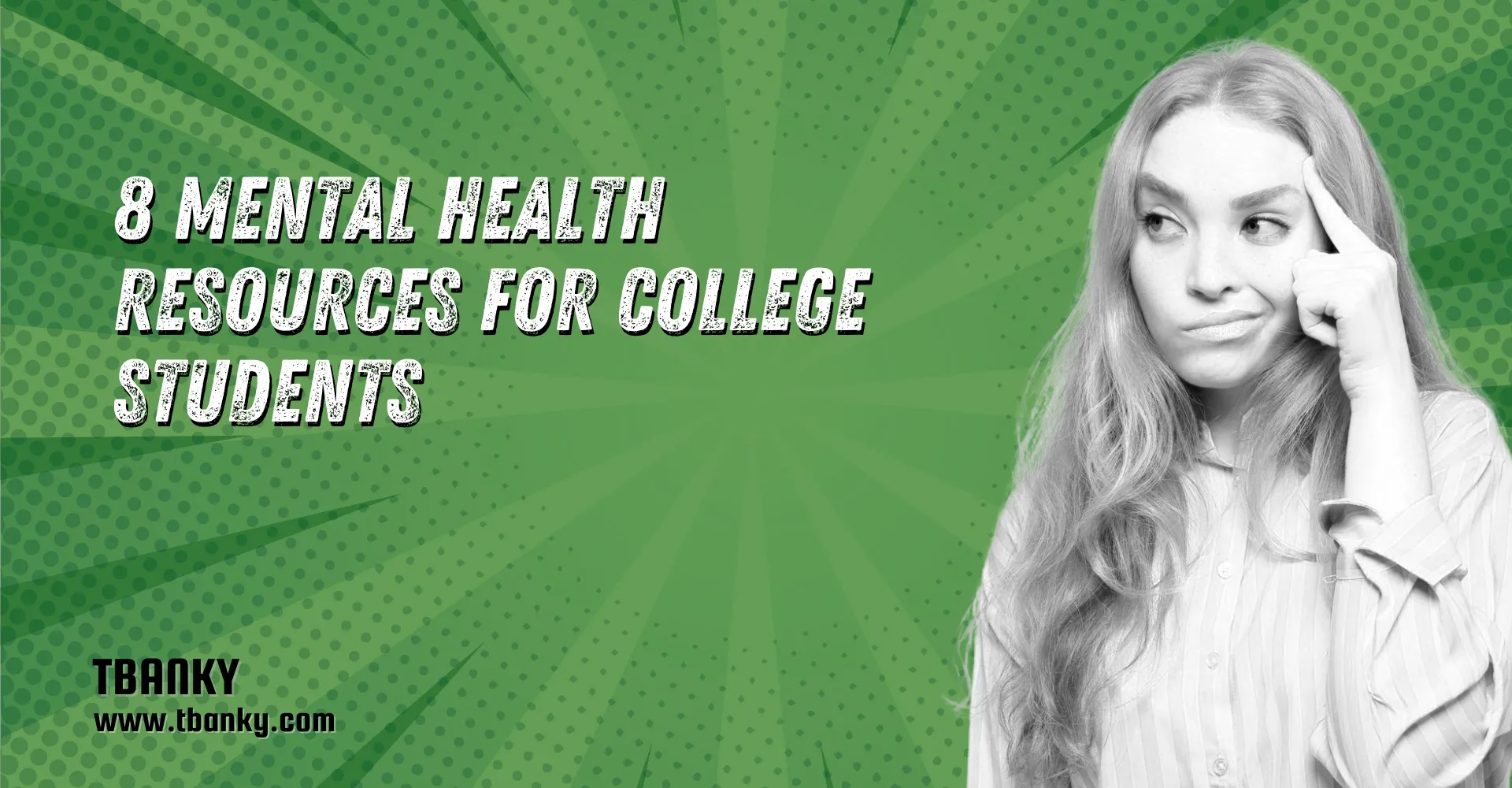As college students navigate the challenges of academia, social life, and personal growth, maintaining mental health becomes paramount. Balancing coursework, exams, and often a social life can be overwhelming. Recognizing the importance of mental well-being is the first step to finding support. In this listicle, we offer 8 invaluable mental health resources tailored for college students. These resources are designed not only to help in times of crisis but also to provide ongoing support for their overall mental health and well-being.
1. University Counseling Centers
Most colleges and universities offer counseling services to enrolled students. These centers are staffed by trained professionals who understand the specific pressures students face. Services typically include individual counseling sessions, group therapy, stress management workshops, and sometimes psychiatric services for medication management. Counseling centers are a good starting point for students seeking support, often at no additional cost beyond tuition fees.
2. Crisis Hotlines
In moments of acute distress, crisis hotlines provide immediate, confidential support. The National Suicide Prevention Lifeline (1-800-273-TALK) and Crisis Text Line (text “HELLO” to 741741) are available 24/7. These services connect students with trained counselors who offer support and can guide them to further resources if needed. For many students, these hotlines can be a lifeline during difficult times.
3. Online Therapy Services
Online therapy platforms such as BetterHelp and Talkspace offer flexibility for students with busy schedules. These services connect students with licensed therapists through messaging, phone calls, or video sessions. While there is typically a fee associated with these services, they offer convenience and privacy for students who may not feel comfortable seeking help on campus or who are attending school remotely.
4. Peer Support Groups
Peer support groups provide a sense of community and shared understanding. These groups can be found through university counseling centers, local community organizations, or online forums. Support groups like Active Minds or The Trevor Project create safe spaces for students to discuss their experiences and challenges with mental health among peers who can offer empathy and insight from their own journeys.
5. Mental Health Apps
Technology provides an array of mental health apps designed to support well-being. Headspace and Calm offer guided meditations and mindfulness exercises. Mood trackers like Daylio help students monitor their emotional patterns. While apps should not replace professional help, they can be a valuable tool for self-care and managing daily stress.
6. Student Disability Services
Students experiencing mental health difficulties that impact their learning and academic performance can often find assistance through the office of Student Disability Services. This office provides accommodations that may include extended test time, note-taking services, or alternative formats for coursework, allowing all students to succeed regardless of mental health challenges.
7. Academic Advisors
Academic advisors are not only a resource for course planning and career advice; they can also be a support system for students struggling with mental health. They are often well-versed in the resources available on and off-campus and can guide students to appropriate services. Their role in monitoring academic progress places them in a unique position to notice changes in student performance that may indicate underlying issues.
8. Wellness and Mindfulness Workshops
Many campuses offer workshops and seminars focused on wellness and mindfulness. These workshops teach practical skills like stress management, self-care, and relaxation techniques. These skills not only support mental health but also contribute to academic success. Workshops are typically advertised through student affairs, counseling centers, or wellness programs and are a proactive step in maintaining mental health.
Seeking help for mental health is a sign of strength, and utilizing these resources can make a significant difference in a college student’s life. Whether you’re dealing with stress, anxiety, depression or just seeking support for personal growth, there is help available. Students should never hesitate to reach out, as these resources are designed with their needs in mind, ensuring that their mental health remains a priority throughout their college journey.

